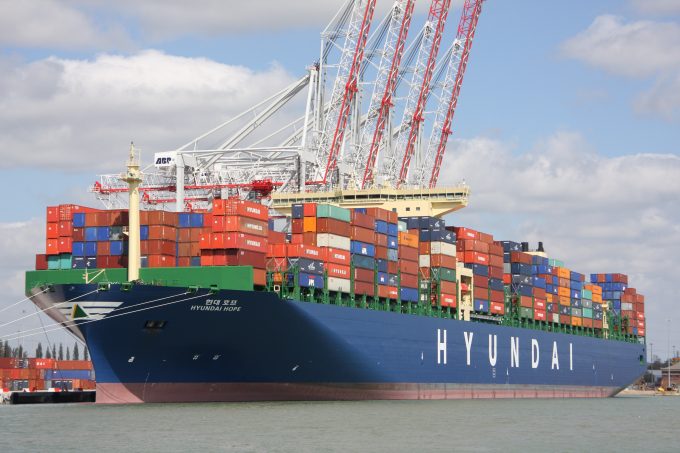Bad news for shippers as wave of transpacific rate increases continues
Container spot freight rates on the transpacific trade saw another week of double-digit gains, as ...

In his traditional new year message to staff, HMM president and chief executive Chang Keun Yoo has called on employees to help “put an end to this difficult period” by improving communication between departments.
The South Korean carrier lost over $500m in the first nine months ...
Four crew members still missing as Wan Hai 503 continues to burn
Predatory rivals circle as the ripples from DSV's Schenker buy widen
MSC Elsa crew face criminal probe, as Wan Hai 503 firefighters battle on
Latest Israeli attack on Iran a threat to box ships in Straits of Hormuz
Industry concerns rise after yet another box ship on fire off Indian coast
'It's driving us mad', say forwarders as US court fails to end tariff turmoil
Transpacific rates ease as capacity boost proves too much for trades to digest
CMA CGM 'testing the water' of the Suez Canal for more services
More legal trouble in India for MSC: feeder vessel detained after box ship disasters
Flexport: Sanne Manders talks profitability, fire-sales and Dave Clark
MSC to hold 15% global container terminal market share after Hutch buy
EXCLUSIVE: Schenker top exec departs 'One DSV' – fishing continues (Part 1)
EXCLUSIVE: The good old DSV, 'Winning as One' – all Schenker top dogs out (Part 2)
DHL makes €500m bid to increase its presence in 'fast-growing Gulf markets'

Comment on this article